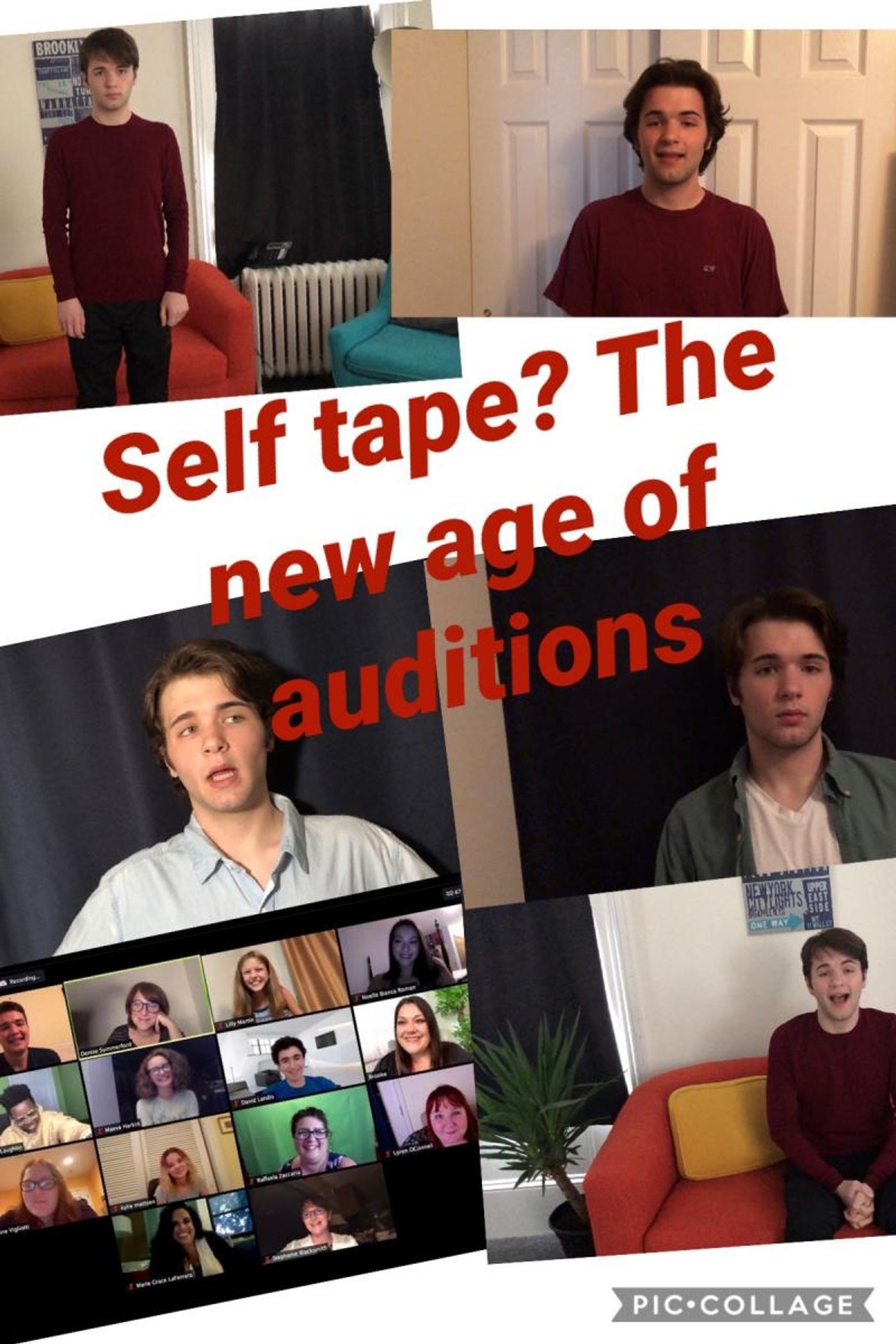BWW Blog: Self Tapes Are the New Auditions!
The biggest challenge is that you have to make your performance translate on camera.

The new age of auditions is self tapes which can be a very positive change to the auditioning experience. This allows you to really fine tune and perfect the material you're working with in an audition space. As with any audition, there are obstacles that can get in your way. There's no one else in the room but you, which can ease your mind but also make it hard to put yourself in the world of the material you are working with. You can take multiple takes, but you don't want to rely on this. It requires even more rehearsal because you have the option to do it over and make it perfect. The biggest challenge is that you have to make your performance translate on camera.
When you're the only one in the room, it can be hard to put yourself in the environment that your character lives in. I found it particularly challenging as I sit in my room filming to do so. I made a few changes to how I filmed and my set up. Give yourself a neutral background to allow for nothing to distract you or the viewer. I also set up a poster on the wall behind the camera that gave me a person to speak to in my material. It gave me a focal point in the room. This gets close enough to the audition space and makes it a lot easier for me to focus on my material.
You can take and retake your tape as many times as you want to as well. This can make it very easy to focus on every little detail and if you have the time there is nothing wrong with doing so. I also find that taking practice takes will help to rewatch exactly what the person who would be viewing your tape will see. This can help in perfecting the tape you are sending. Even though there are multiple takes. In order to make sure that you're sending out the best tape possible, I've found that it requires even more practice. This makes it possible for you to focus on adjusting to the camera and making your choices translate.
In order to really make the best self tape possible you have to have some understanding of on screen or camera acting. I took a camera acting class with Brooke Elliot through Broadway Arts Collective and I totally recommend finding a workshop or class that focuses on this. What I learned is that when on camera you need to know what kind of theatre you are performing in. In a self tape it's important to know what the filming requirements are. Most of the time it's a medium or close up shot which means that you're performing in a smaller theatre. You don't need to make choices to translate to the back row of the mezzanine you need it to translate to a 25-50 person audience. I found that this advice that Brooke gave in the workshop made acting on camera very easy to understand for a person who has only ever performed on stage. You have to know the size of your shot or audience.
The best and worst part of self tapes is that you can send it to coaches or mentors to get opinions. They can give you quick things to fix and help easy your mind with reassurance on the good choices that are translating. I would stray from getting too many opinions because it won't be helpful to get contradicting opinions. Stick to the people you have worked with in a professional manner and those experienced in the field.
Change and the new are stressful at first but once I realized the new realm I was working in opened up a world of potential I was excited and ready to get to the next self tape audition. Self tapes are a great way to show off your best abilities and personality.
See you next time,
Ben
Videos


